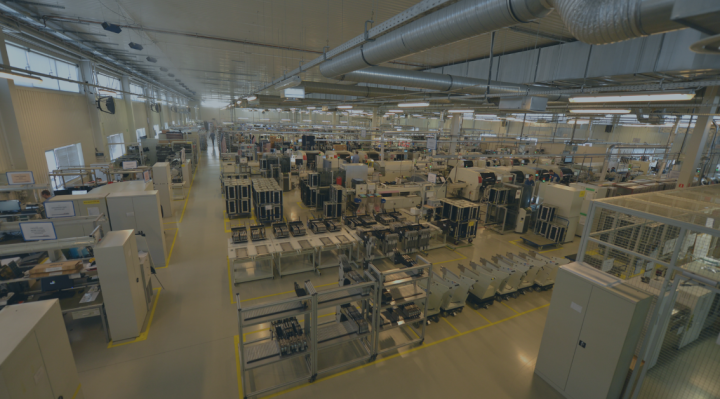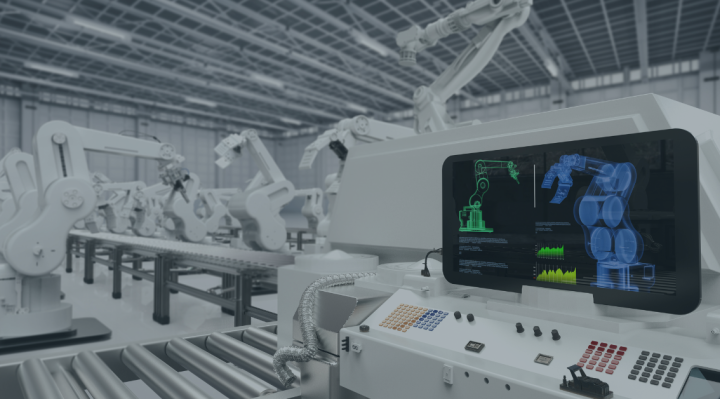Electronics production is a very complex process, for example due to the progressing miniaturisation and packing density of fragile components, which requires high precision and care, when placing on the PCB.
For this reason, it is obvious that manufacturers, including contracted suppliers of EMS services, pursue the automation of production processes. In particular because automation enables optimising these process and improving the quality of end products, while reducing the costs of manufacture and overall costs, making EMS services and the products marketed by OEMs more competitive.
Process automation in electronics production enables:
Higher productivity
Automation enables achieving higher efficiency in electronics production, because automatic operations are repeatable and more precise than manual operations. Machines are simply not subject to fatigue and distraction, unlike humans. They also commit less mistakes. They can also perform repeatable operations quicker and more precisely for an uncomparable longer time, while greatly improving the productivity.
Better quality
Process automation in electronics production contributes to higher quality of end products with higher precision and less mistakes, as noted above. The machines can also work on smaller components. Quicker and more precise assembly, in turn, enables EMS providers and OEMs to increase the complexity of the manufactured systems and provide the customers with better and more advanced products, thus increasing the competitiveness of the EMS provider and the OEM.
Moreover, automating test and visual inspection procedures enables detecting faults that are often invisible to human eye and record the test results, which could be used for further improvement of the production procedures. Anyway, the higher reliability of end products always translates to the better reputation of the OEM and more orders for the EMS provider.
Reduced costs and shorter production times
Automation also enables reducing the production costs by reducing waste production, material consumption and labour use. Thus shortened production time also translates to a quicker delivery of products to the OEM.
System integration and data analysis
Automation, however, is not only about process mechanisation and replacing human physical and intellectual labour with control systems and technologies. It is above all about revolutionising production processes and engineering tasks to create smart production sites using modern technological solutions. That is Industry 4.0.
It should be realised that the currently available robots and automation systems are equipped with a series of sensors and advanced technological solutions, which enable not only precision control of the production process itself, but also real-time collection and transmission of large amounts of essential data.
This is why automation can also involve the introduction of advanced enterprise resource planning (ERP) systems and enable better integration of production systems and processes. This facilitates access to information on the production, costs and material inventories for more effective production management. This also enables optimising production processes and shortening production time, which increases the efficiency and business profits.
Higher production flexibility and easier management
On the other hand, the access to the data volume of data collected in production and data analysis enable addressing problems quicker, tracking current market trends and more flexibility in production and quicker re-tooling to adjust the production type and volume to the demand of the OEMs and changing customer needs.
Higher safety
Finally, process automation in electronics production contributes to improved occupational health and safety, because entrusting repeatable operations to machines not only reduces the risk of workplace accident, but also the risk of occupational diseases and exposure (for example to vapours from lead soldering).
Conclusion:
The key advantages of industrial production automation at the level of Industry 4.0 undoubtedly include significantly higher productivity and reduced costs of the production process. However, the improvement of quality and flexibility of product configuration is very important as well. Of course, assuming that more flexible supply chains are available.






